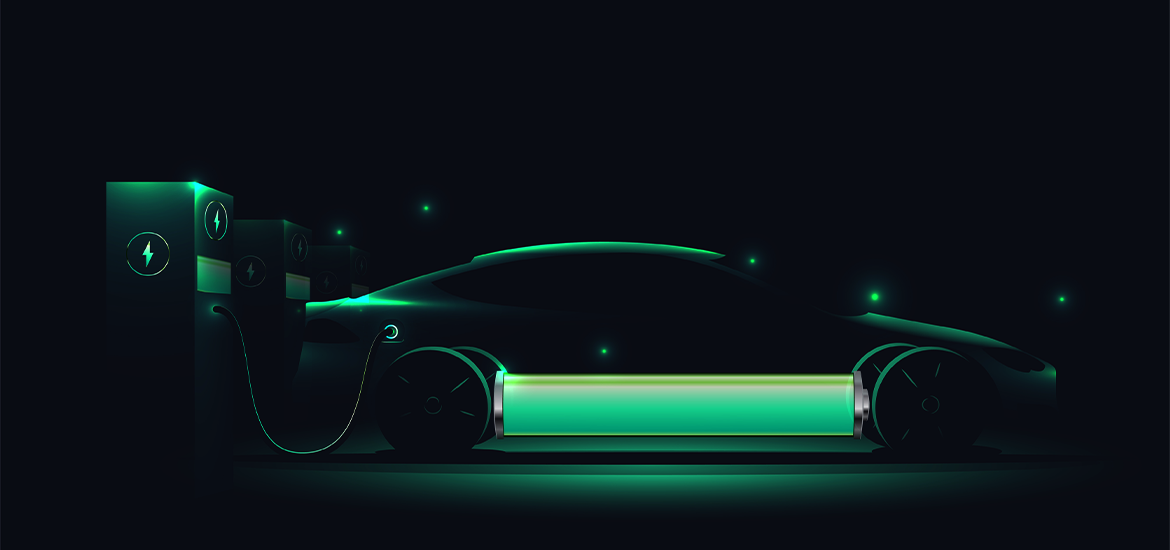
What is an Electric Car?
Find out what an electric car is
Electric cars, (or electric vehicles - EVs) are a sustainable mode of transport. They don't burn fossil fuels like internal combustion engine vehicles (ICEs), and there are different types of electric vehicles.
Instead, they rely on battery power, charging these batteries using the national grid. This means they produce zero exhaust emissions, making them one of the 'greenest' forms of transport.
How Do You Define an Electric Car?
An electric car is defined as "an automobile, powered by one or more electric motors using energy stored in batteries". An automobile is a car that has four wheels and will seat 1-8 people.
Throughout history, there have been many unique electric vehicles that can't be classed as electric cars. This is mainly because they don’t fit the definition of an automobile.
What Was the First Electric Car?
Electric vehicles fascinated inventors throughout the 19th century. Robert Anderson invented the first electric car as early as the 1830s, but it wasn't very practical.
The world’s first drivable electric vehicle was invented by Gustav Trouvé in 1881. He presented it at the Exposition Internationale d'Electricite de Paris. He fitted a small, rechargeable, electric motor to a tricycle and drove it along the Rue Valois. However, he never secured a patent, so this tricycle was a one-off.
Thomas Parker invented and patented the first electric car in 1884. This became the first production electric car and was built and sold by the Electric Construction Company. They held a virtual monopoly on the market during the 1890s.
When Was the First ‘Modern’ Electric Car Created?
General Motors created the first mass-produced electric car, the EV1, in 1996. They sold and leased over 1,000 units to customers until production ended in 1999. With a range of up to 140 miles, it was practical for many drivers. The Solectria Force (1995-97) and Chrysler Tevan (1993-95) are the first modern examples of electric vehicles, but neither were mass-produced.
Of the manufacturers who still make electric cars, Tesla was the first to release a model. The Roadster first appeared in 2008 and was produced until 2012. The Nissan Leaf was the first mass-produced modern electric car designed for families. Launched in 2010, it continues to be practical and affordable. At the start of December 2021, Nissan announced that over 500,000 units had been sold worldwide.
How Do Electric Cars Work?
Electric cars work by charging a battery inside the vehicle, using electricity from the grid. The car then stores the electricity in a rechargeable battery and uses it to power an electric motor. This turns the wheels in the same way that a fuel-powered motor does. If you'd like to know more about how electric cars work, you can read so here.
This video from Tech Vision also provides a useful insight to how electric cars work:
Read More
How Does an Electric Car Work?
Using batteries as a power source means that electric cars work in a different way to petrol or diesel vehicles. Learn how and why in this guide.
Do Electric Cars Have Gears?
Electric cars and ICEs use different transmissions which is one of the reasons why an EV is much easier to drive. But how do their transmissions work? And do EVs use gears? Learn more in this article.